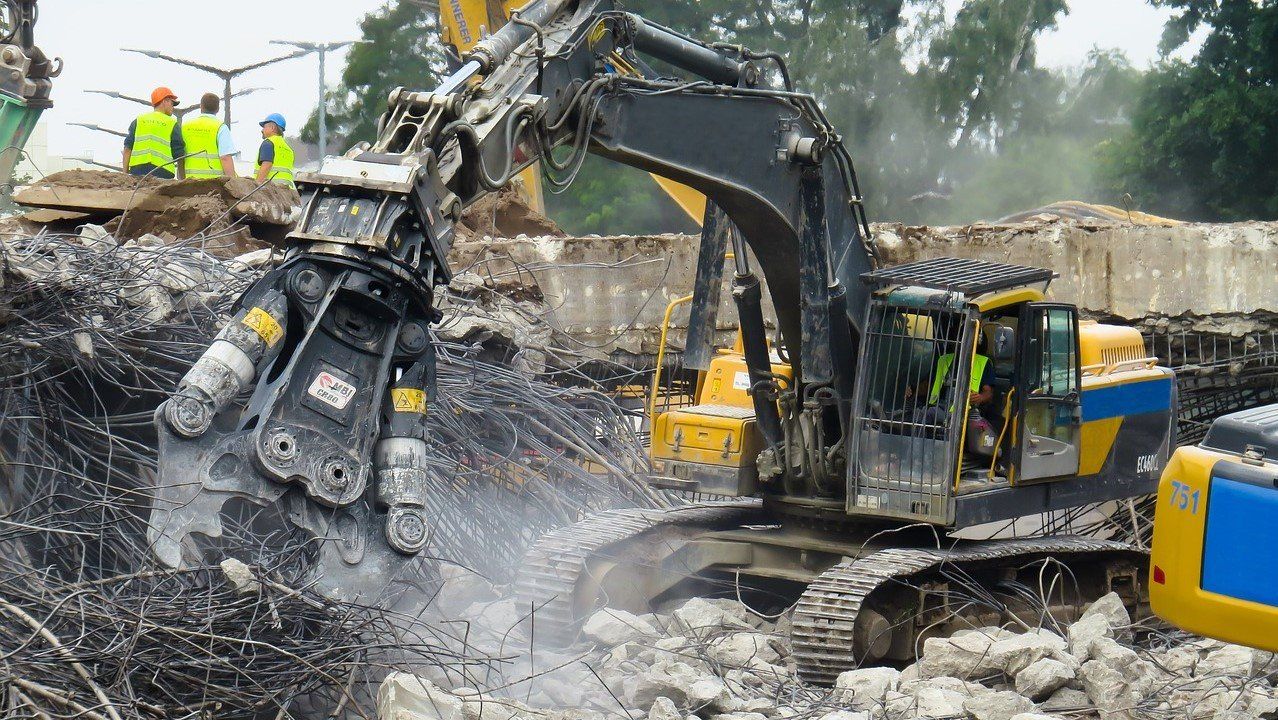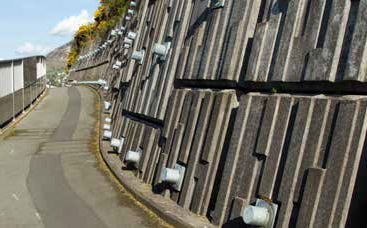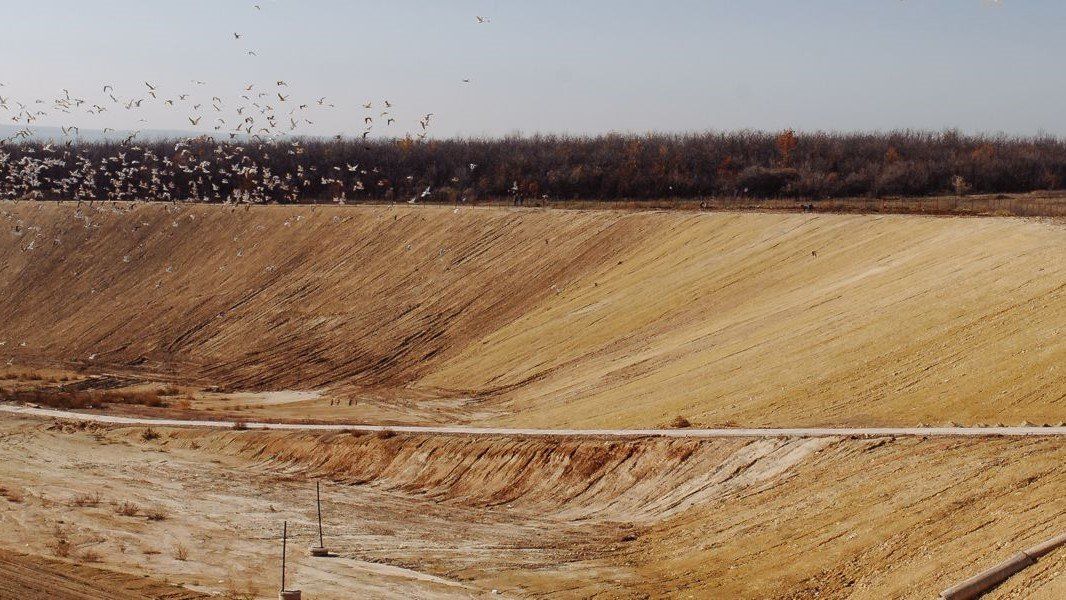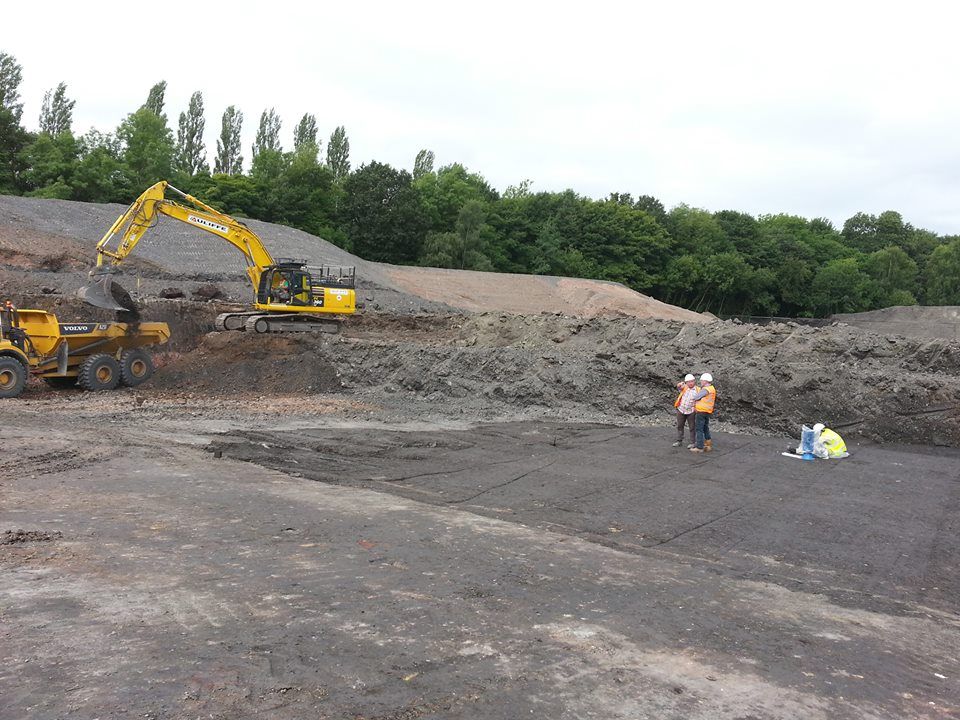Does Your House Suffer from Subsidence, Settlement or Heave?
- By Plough Geo
- •
- 14 May, 2018
Cracks or Movement in Your Home?


Subsidence, Settlement or Heave
So, what is the difference and what should I do? All three conditions relate to different types of soil or ground movement and can have dramatic effects on property integrity, often resulting in costly insurance claims and remedial work. Broadly the three different types of movement can be described as following, BUT, it is essential that a qualified geotechnical engineer evaluates the ground and provides a detailed report which is suitable for both insurance companies and those contractors engaged to do the repair work:
- Subsidence – generally, this is the downward movement of underlying soil, often due to withdrawal of moisture. This causes shrinkage in the soil structure and the soil above the area moves downwards to fill in the gap.
- Settlement – generally, this is the downward movement of the soil structure caused by excessive loading from above. Heavyweights such as buildings and construction are too heavy for the natural weight bearing of the soil structure and this gives way, causing the downward, compression and movement of the area above.
- Heave – generally, heave is the upward movement of the soil structure due to water entering a dry soil structure, causing the soil to swell and move upward and displacing surface structures.
Contact Plough Geotechnical Ltd

Alan, Director of Plough Geotechnical Ltd, has over 50 years’ experience and is one of the most respected geotechnical experts in the country. Approachable and friendly to work with, Alan will work with builders, landowners, homeowners, solicitors and insurance companies, ensuring that an expert evaluation and detailed plan is put in place to rectify any ground movement issues.
Tel: 0151 353 1730
Mob: 07957 659 819
Email: alan@ploughgeo.co.uk

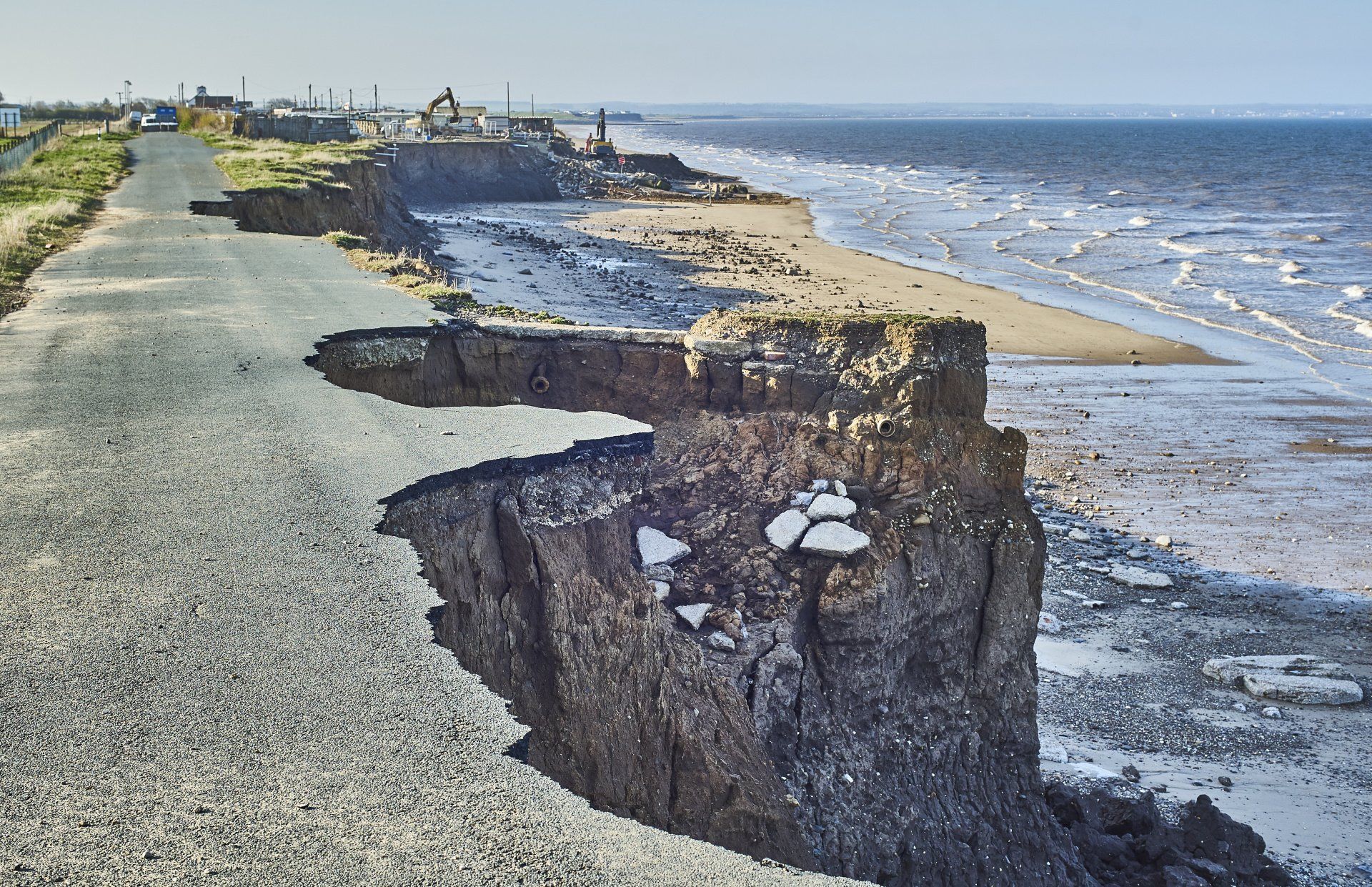
This one day course will provide a general overview of slope stability design for
geotechnical practitioners and engineers.
The course is aimed at technical staff with first degrees in civil engineering,
construction, geology and related subjects; it will also be useful to non-technical staff
who wish to gain an appreciation of the various factors involved in slope stability
design. The mathematics in the worked examples is not complicated – the aim of the
course is to give attendees an understanding of the physics of the problem not a
course in mathematics.
The course will look at how information is obtained and then used to provide a
design for stable slopes. It will also look at the derivation of the formulae used for
slope design.
Course content
Shear strength of soils
EC7 design: Partial Factors and Limit State Design of slopes
Short term and long term conditions in cuttings and embankments
Plane translational slides
Rotational slides
Factor of safety
Computer methods
Rock slopes - plane, wedge and curved failures
At the end of the course the delegates should have :
An understanding of how soil and rock slopes fail
An appreciation of the philosophy of EC7 design
A basic understanding of the analysis and design of slopes in soils and rocks..
The next courses will be Thursday 19th September in Banbury and Friday 11th October at Birchwood,Warrington .
To book your place visit https://www.equipegroup.com/training/geotechnical/slope-stability-design
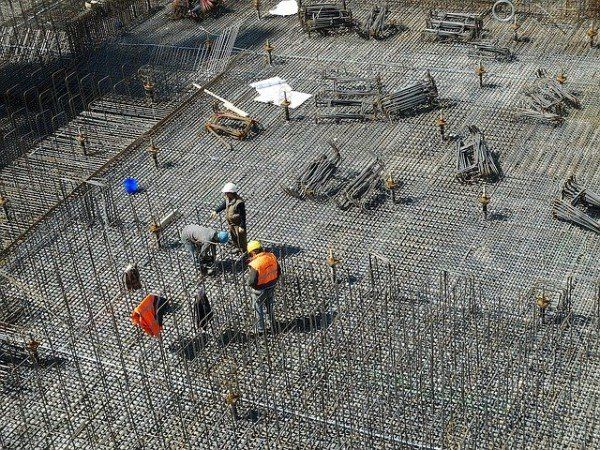
Commercial developments, such as retail parks, office blocks, industrial units and other non-residential projects are often built on brown-field sites. The land around these sites can often be unstable due to previous developments, landfill and prior re-modelling of the landscape. Similar to residential developments, the land needs to be analysed before any building work is undertaken, to ensure that the ground is stable and remains so in the future. Commercial developments often need a high load bearing platform and deeper foundations, possibly underground development where land stability, free from movement is essential. Wirral based Plough Geotechnical Ltd are specialists in providing Geotechnical support for commercial developments across the UK.
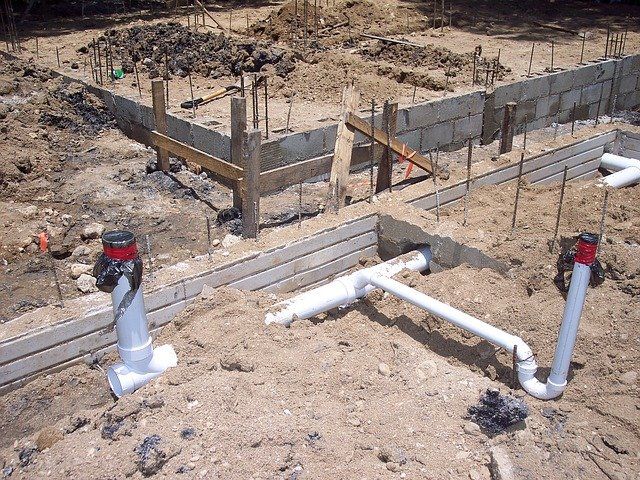
Are you a residential developer looking to build new homes? Looking to build an individual house or extension? Have you found your new-build plot of land yet? With increasing pressures on suitable land for development, developers and builders are finding it increasingly difficult to find suitable land. Often this pushes new homes being built on far-from-perfect land and requires geotechnical expertise for residential developers to ensure the homes they build are fit-for-purpose.
